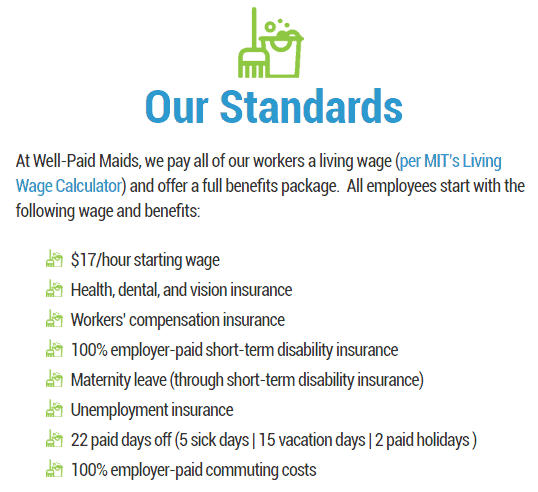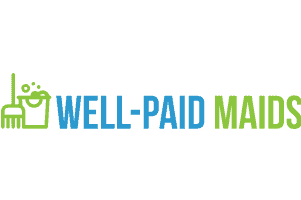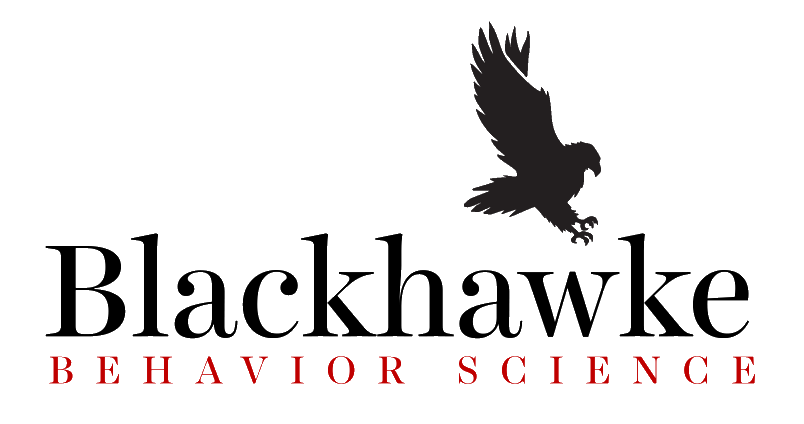Featured Startup: Well-Paid Maids
At Blackhawke, we come into contact with countless entrepreneurs that are building impressive companies that we believe are on their way to make significant impact on society. In this regular feature, we invite startup founders and founder teams to share their story and tell us more about their company. In this article, Dr. Nikki Blacksmith spoke to Aaron Seyedian, Founder of Well-Paid Maids, based in Washington, DC.
Well-Paid Maids is a living-wage home cleaning service that aims to propel its employees out of poverty, raise labor standards and prevailing wages, and generate and promote a successful model for living-wage start-ups.
Labor Standards in the Cleaning Industry are Abysmal
The drive to reduce labor costs is common across every industry. But some employers – including many in the the home cleaning industry – are aggressively seeking to reduce compensation and labor standards.
According to the Economic Policy Institute, between 10-20% of US employers intentionally misclassify their employees as independent contractors to reduce labor costs and to skirt federal and state taxes. (Learn more here).
To the employee, the impact of misclassification can be devastating:
“Misclassified employees lose workplace protections, including the right to join a union; face an increased tax burden; receive no overtime pay; and are often ineligible for unemployment insurance and disability compensation. Misclassification also causes federal, state, and local governments to suffer revenue losses as employers circumvent their tax obligations (DPE, 2016).”
The idea for Well-Paid Maids was born when Aaron Seyedian used a home cleaning service and the experience left him feeling uneasy. As the cleaner serviced his home, he wondered how she was being treated as an employee. He contacted the company to ask about its employees’ wages, and the staff refused to give him an answer. He never used the service again.
“I started to think about how there must be many people who, like me, want an ethical alternative for home cleaning,” Seyedian explains. “Today’s consumers are increasingly socially conscious. The public support for the living wage movement is growing. After finding that no one was attempting to meet this need, I started Well-Paid Maids.” By offering home cleaners a living wage and full benefits, Seyedian will pave a path for his employees to enter the middle class.

As Seyedian undoubtedly understands, this problem is more than an economic issue, it’s a human issue. I am personally appalled by the inadequate employment policies and procedures in place in low-wage positions. My mom and her eight siblings immigrated to the U.S. in the 1970’s. Decades later, many of my family members are still working in low-wage positions, some within the cleaning industry. They often struggle to find jobs as the security for such positions is very low and when they do, the conditions are often bleak; they often work in unsafe, unhealthy, uncompassionate, and unjust environments. And without adequate protections, low-wage individuals, including my family members, are vulnerable to exclusion and discrimination.These types of workplaces directly influence, usually in a negative way, their emotional and mental health.
To add to the poor situation, these adverse workplaces are often inescapable for low-wage workers because their job mobility is low; they rarely receive training or professional development opportunities. The skills they do learn on the job are typically not transferable. All of this makes it difficult for low-wage workers to transition into higher-level jobs and improve their socioeconomic status and their educational attainment.
In 2017, the median wage of maids and housekeepers in the U.S. was $10.49 per hour nationally yet the living wage in the U.S. was $16.07.
As the gig-economy continues to grow, low wages and independent contractor employment will only increase, Seydian explains. In addition, the strength of the union movement is declining, leaving workers less able to improve their situation. Seydian hopes that by demonstrating the demand for living-wage services while recruiting the best cleaning talent where it operates, Well-Paid Maids hopes will spur competition that will drive wages upward for everyone in the industry.
We are excited about what Well-Paid Maids has to offer and the positive change it could make. We strongly encourage other organization to look to Well-Paid Maids as a case study and join the living-wage movement by emulating their employment model.
You can read more about the company in these articles in the Washington Post and at HomeHealthCareNews.com.
About Blackhawke
Using unique psychological assessments and predictive analytics, Blackhawke provides venture capitalists, angels and other investors with a deep understanding of the capability, resilience, motivation, strengths and weaknesses of entrepreneurs and startup management teams. See www.blackhawke.io for more information, or email info@blackhawke.io.






